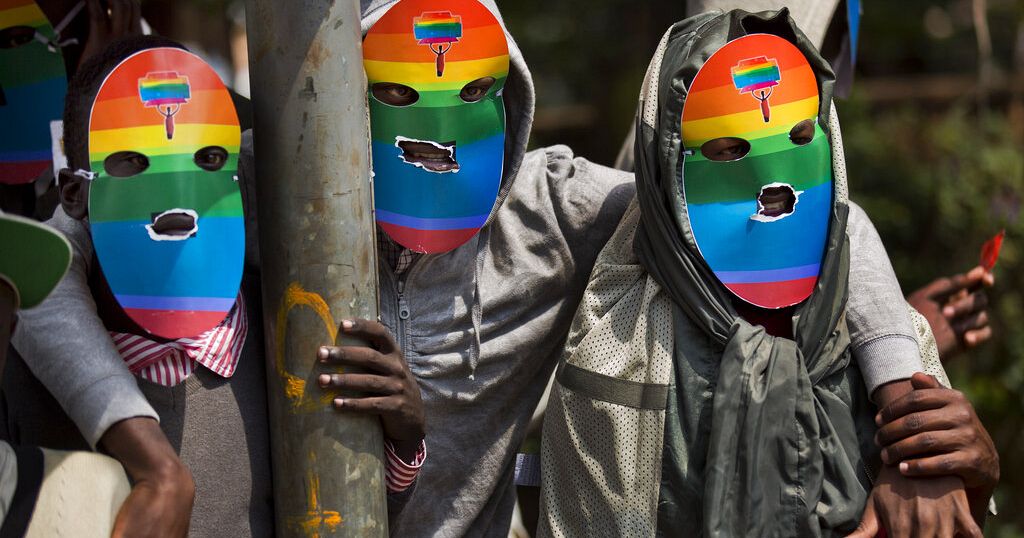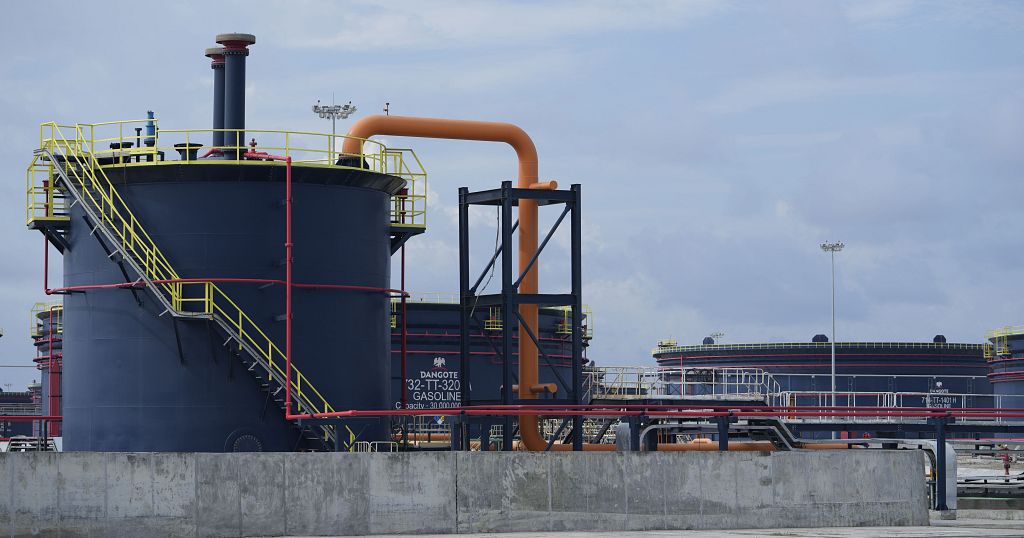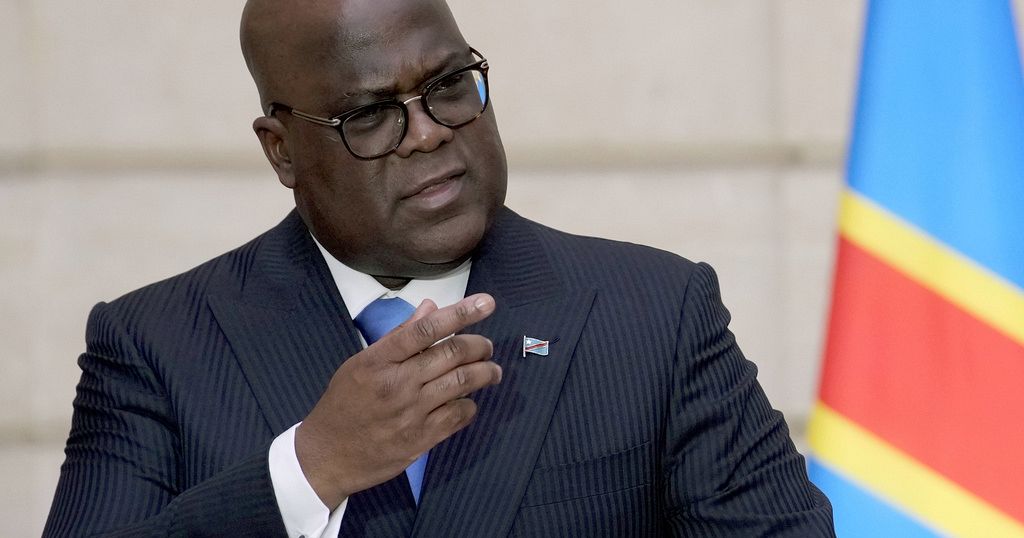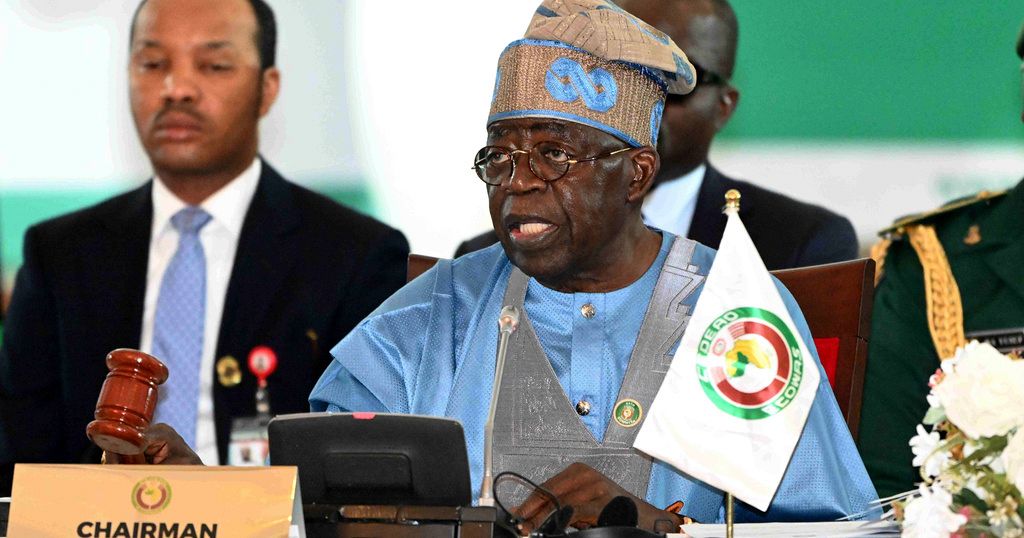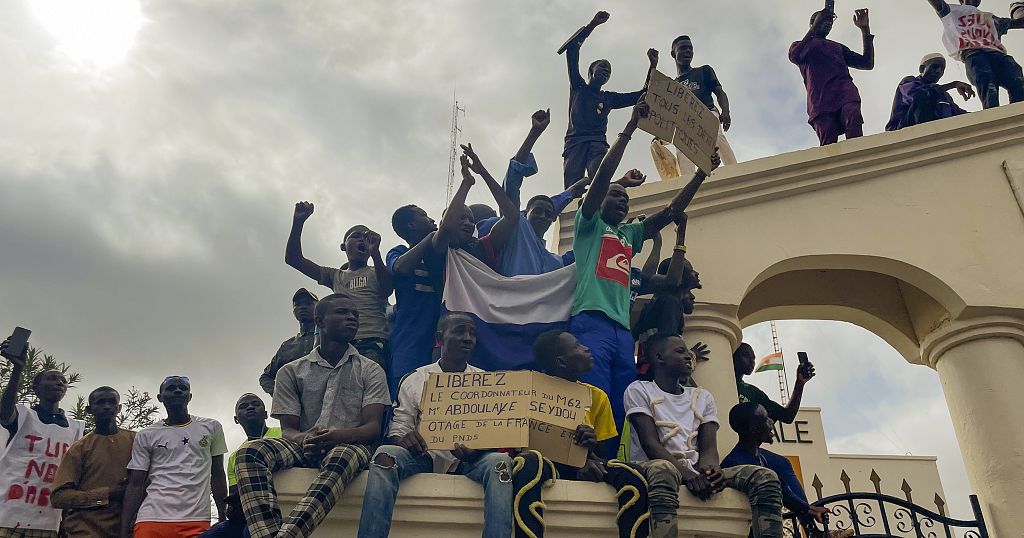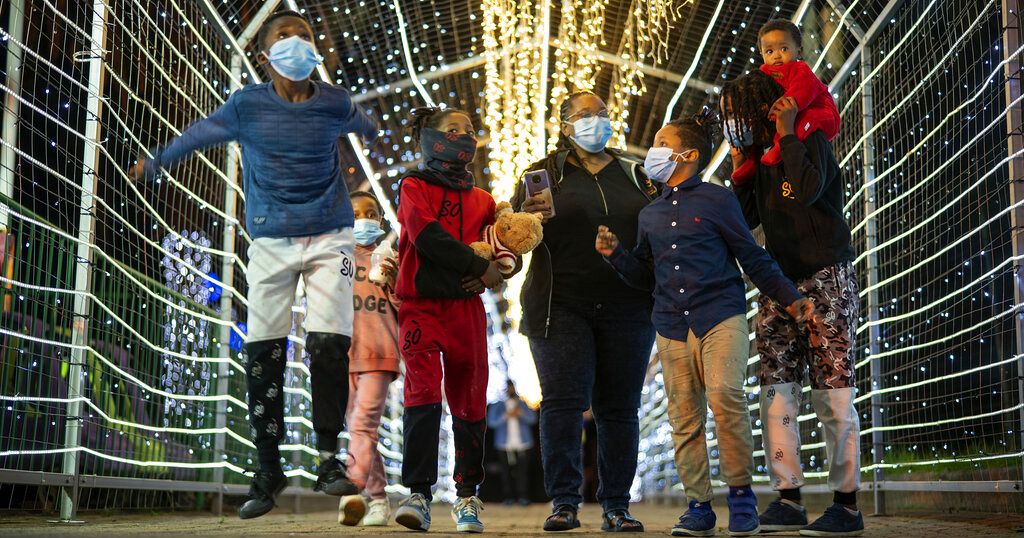UN Climate deals criticized for slow progress and uncertain outcome
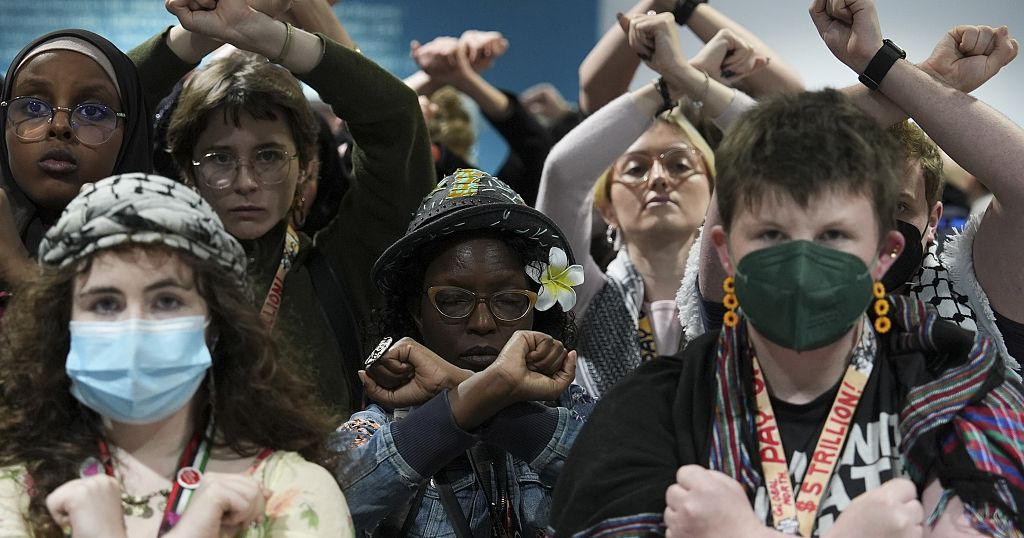
The world’s nations keep faltering in their efforts to join together to save the planet from several environmental crises.
In the past few months United Nations-sponsored negotiations to tackle climate change, plastic pollution, loss of global species and a growing number of deserts have either outright failed or come out with limited outcomes that didn’t address the scale of the problems.
The Associated Press interviewed several experts and they called multilateral environmentalism broken because of a cumbersome consensus process, the power of the fossil fuel industry, geopolitical changes and the massive size of the problems they are trying to fix.
Progress is being made, especially on climate change, but it’s too little, too slow and in stutter steps, United Nations officials and others said.
“Is it frustrating? Yes. Is it difficult? Yes,” said United Nations Environment Programme Executive Director Inger Andersen. But it is the “only way” in which smaller and poorer nations get a seat at the table with powerful rich countries, she said. “I wouldn’t classify it as an outright failure.”
It’s a far cry from the hopeful days of 1987 when the world adopted a treaty that is now reversing the dangerous loss of stratospheric ozone by banning certain chemicals. That was followed by a 1992 Earth summit that set up a United Nations system for negotiating environmental problems, especially climate change called Conference of Parties or COPs. A flurry of these conferences in a row fell relatively flat.
The biodiversity COP in Cali, Colombia in October ran out of time, ending with no big agreement except to recognize Indigenous people’s efforts. November’s climate change COP in Baku, Azerbaijan, on paper reached its key goal of increasing finance for poor nations to cope with warming, but the limited amount left developing nations upset and analysts saying it wasn’t nearly enough.
A plastics pollution meeting in Busan, South Korea, the next week got many nations saying they wanted to do something, but didn’t in the end. And the conference on desertification in Riyadh, Saudi Arabia worked on the early stages of an agreement to be decided later.
Nine years ago, when more than 190 nations came together to adopt the historic Paris agreement, countries had a mindset that realized a healthy planet benefitted every one, but “we’ve lost track of that,” said former U.N. climate secretary Christiana Figueres, who shepherded that deal.
“The U.N. system is the worst system except for all the others. They don’t have another,” former Ireland President Mary Robinson, a member of the advocacy group The Elders, told The Associated Press.
Thirty years ago when the climate conferences started there was debate over how decisions should be adopted.
A prominent fossil fuel industry lobbyist and Saudi Arabia pushed hard to kill the idea of majority or supermajority vote and instead adopt the idea of consensus so that every country more or less had to be on board, said climate negotiations historian Joanna Depledge at Cambridge University in England.
Many are advocating for new rules to make COP decisions by supermajority rule, not consensus. But past efforts have failed.
For 27 years, climate negotiations agreements never specifically mentioned “fossil fuels” as the cause of global warming, nor called for their elimination. Then after sharp fights last year in Dubai, it called for a transition away from fossil fuels.
All the experts saidthat they still have hope — either because of or despite what’s happened so far.
Source: Africanews





